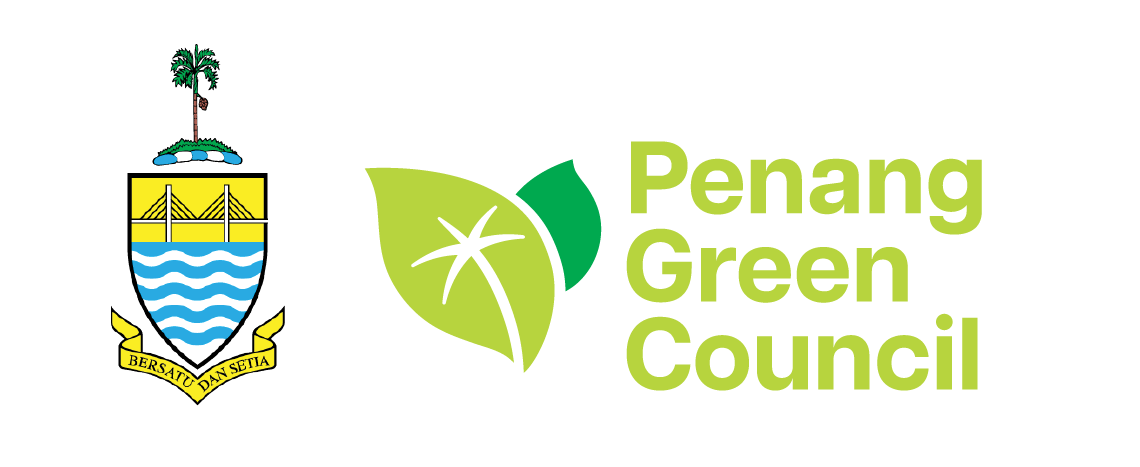Have you ever thought twice before throwing away that piece of paper? Do you realise that the rubbish that you discard every day might somehow end up in the ocean?
For far too long we have been exploiting and destroying our natural ecosystem. Our actions are the main driver behind the changes occurring in our planet: deforestation, pollution, overpopulation, you name it! We have pushed this planet into a new period known as Anthropocene – a phase where human activities heavily influence the climate and the environment. The emergence of Covid-19 pandemic has perfectly demonstrated the consequences of environmental destruction. By cutting down forests, we are in fact increasing contact between humans and wildlife. This consequently leads to animal-to-human transmissions, and dense human population have provided an ideal condition for diseases, such as Covid-19 to spread.

The United Nations has declared the theme for this year’s World Environment Day as Reimagine. Recreate. Restore. When we talk about restoring earth, what does it mean? ‘Restoring’ by definition describes the process of recovering lost “data” and returning something to its original state. So, how does this apply to our planet? What is missing in our environment? Well, we first need to understand what “data” was lost from earth and what was its original state.
In 2016 at the United Nations Framework Convention on Climate Change (UNFCCC), 196 countries signed the Paris Agreement to limit the increase of global average temperature to 1.5°C above pre-industrial levels.
In 2018 in response to the Paris Agreement, 91 scientists and policy experts from 44 countries drafted the Intergovernmental Panel on Climate Change (IPCC) Special Report on Global Warming of 1.5°C to explain what will happen if nations don’t keep to the limit, and also how they should stick to the limit. The question now is, HOW do we, as an individual restore this planet?
Nowadays, it has become common to hear varying numbers of R-imperatives such as 3Rs, 4Rs, and even 8Rs especially within the concept of circular economy. However, how many of you know what does it all mean and how should one practise it?
Most of us already know what the 3Rs of sustainability stand for – Reduce, Reuse and Recycle.
Recently, the slogan’s 4th R encourages us to Refuse buying or using products that are not environmentally friendly. There are many simple practices for daily life! For example, bring your own containers to buy food or tapao, tell your fruit vendor to use your carry bag instead of the single-use plastic bag etc. With that, you are basically exercising the 4th R, Refuse. Just as simple as that. By practising Refuse, you will decrease demand and subsequently, the manufacturers and producers have to then think about less wasteful and sustainable alternatives.
Another important “R” I would like to raise today is – Restore. RESTORING Earth: That’s the next step in our steady journey towards being environmentally responsible. It may sound very ambitious and difficult, but we can always start small and begin at home. As the saying goes, “the journey of a thousand miles begins with one step”.
How do we embark on our mission to restore our planet? It’s easy! Just think of W.A.L.L – Water, Air, Land, Life.
1) Water – Reduce using chemical products at homeDue to wastewater not being treated before they are discharged into the sea, it’s important to reduce pollutants (from household products such as detergent, disinfectants and so on) GOING INTO the water. Nearly 80 per cent of the world’s wastewater is discharged into our oceans and rivers without treatment.
2) Air – Nurture a plant, because plants restore air quality. The pandemic has seen a gardening boom and that’s a really good thing. Most people started by buying a pot of herb from the supermarket and placing them on the kitchen counter for use. Imagine how lovely it would be for us to grow our own food. Let’s start planting now!
3) Land – opt for Low carbon diet?Yes, a diet with less meat and more vegetables will bring about many benefits. You will not only lose weight but also improve your health and cut down on expenses. You will also be contributing to the reduction food waste, methane emission, plastic packaging; conservation of forests; and mitigation of climate change!
4) Life – just taking the steps described above helps you restore balance in your life in more ways than you can imagine. Don’t take our word for it, just try it and it will not only make this lockdown more bearable by giving us things to do, but every effort will also help us restore ourselves, our family, our community, our country and our earth!
From forests to peatlands to coasts, we all depend on healthy ecosystems for our survival. The ecosystem is defined as the interaction between living organisms – plants, animals and people. We belong to the environment. We need clean water, air, food to survive. Only with healthy ecosystems can we enhance people’s quality of life. As individuals, we can make a change by spreading awareness and changing our way of living. We don’t need to be perfectly sustainable, instead the majority of the population can be ‘imperfectly’ sustainable. Little thoughts towards actively trying to restore the earth can go a long way for the health of the environment and the goal towards a sustainable future. Happy World Environment Day!


Leave a Reply